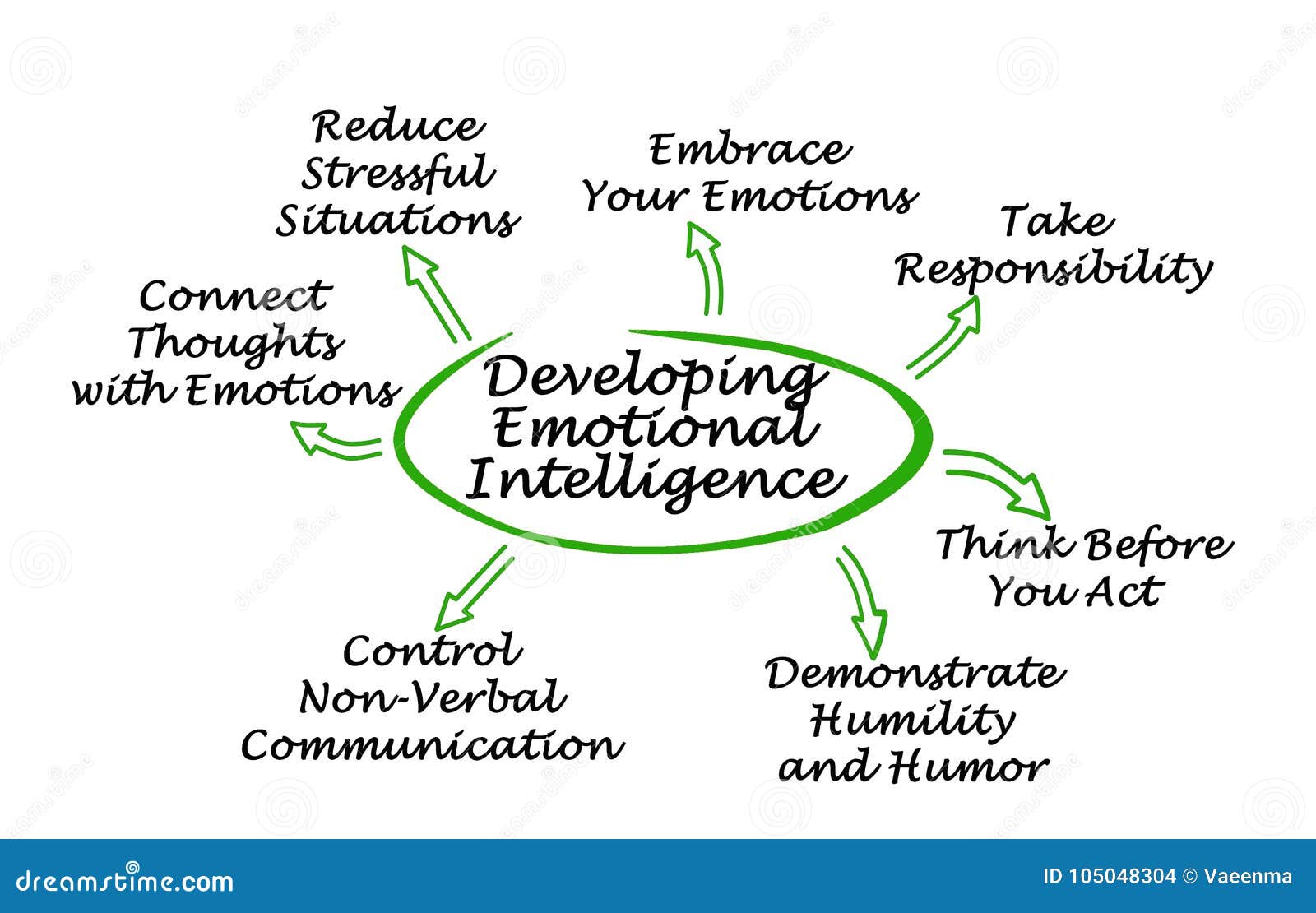How to Build Emotional Intelligence

Why is Emotional Intelligence Important?
Emotional intelligence is crucial in both personal and professional situations. It helps individuals to better manage stress, communicate effectively, and build stronger relationships. People with high EQ are also more likely to be successful in their careers, as they are able to understand and respond to the emotions of others, work well in teams, and adapt to changing situations.
Step 1: Self-Awareness
The first step in building emotional intelligence is to develop self-awareness. This involves becoming more aware of your own emotions, thoughts, and behaviors. One effective way to do this is to practice mindfulness. Take a few minutes each day to sit quietly and focus on your breath. Notice any thoughts or feelings that arise, and try to observe them without judgment.
Benefits of Self-Awareness:
- Improved decision-making
- Better stress management
- Increased self-confidence
- Greater self-acceptance
Step 2: Self-Regulation
Once you have developed self-awareness, the next step is to learn how to regulate your emotions. This involves being able to manage your emotions in a healthy way, rather than letting them control you. One effective way to do this is to practice relaxation techniques, such as deep breathing or meditation. You can also try journaling or talking to a trusted friend or therapist.
Benefits of Self-Regulation:
- Improved relationships
- Better communication
- Greater resilience
- Reduced stress and anxiety
Step 3: Empathy
The third step in building emotional intelligence is to develop empathy. This involves being able to understand and respond to the emotions of others. One effective way to do this is to practice active listening. When someone is speaking to you, make a conscious effort to really listen to what they are saying. Show empathy by acknowledging their feelings and responding in a supportive way.
Benefits of Empathy:
- Improved relationships
- Better communication
- Greater understanding of others
- Increased compassion
Step 4: Social Skills
The final step in building emotional intelligence is to develop social skills. This involves being able to communicate effectively, work well in teams, and adapt to changing situations. One effective way to do this is to practice assertiveness. This means expressing your thoughts and feelings in a clear and respectful way, while also being open to feedback from others.
Benefits of Social Skills:
- Improved relationships
- Better communication
- Greater leadership skills
- Increased adaptability
Benefits and Drawbacks of Emotional Intelligence
While emotional intelligence has many benefits, there are also some potential drawbacks to consider. Some people may become overly focused on their emotions, leading to a lack of objectivity or an inability to make tough decisions. Additionally, some people may use emotional intelligence to manipulate others or avoid conflict. It is important to use emotional intelligence in a healthy and ethical way.
FAQs
Q: Can emotional intelligence be learned?
A: Yes, emotional intelligence can be learned and developed over time with practice and self-reflection.
Q: Is emotional intelligence the same as being emotional?
A: No, emotional intelligence is not the same as being emotional. Emotional intelligence involves being aware of and managing your emotions in a healthy way, while being emotional can sometimes involve being overwhelmed by your emotions.
Q: Can emotional intelligence improve my relationships?
A: Yes, improving your emotional intelligence can help you better understand and communicate with others, leading to stronger and more fulfilling relationships.
Q: Can emotional intelligence improve my career?
A: Yes, people with high emotional intelligence are often more successful in their careers, as they are able to work well in teams, adapt to changing situations, and understand and respond to the emotions of others.
